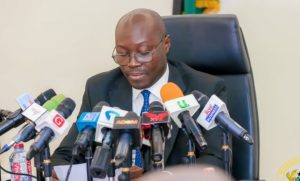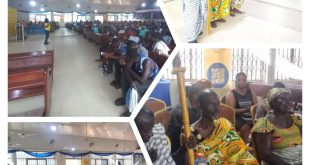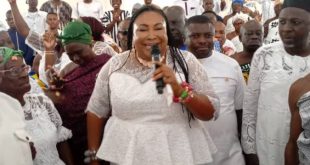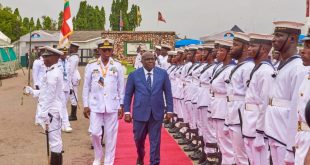
The government will unveil bold tax reforms and economic strategies aimed at stabilizing Ghana’s economy.
To relieve financial strains, the government intends to eliminate the COVID-19 charge, betting tax, and E-charge.
The budget will include plans for economic stabilisation under the IMF-backed initiative.

Controlling spending, managing debt in the energy sector, and stabilizing exchange rates are top issues. On Tuesday, March 11, 2025, Finance Minister Dr. Cassiel Ato Forson is scheduled to deliver the Mahama administration’s first budget to Parliament. In January, Parliament approved a mini-budget of GHC 68 billion to cover government spending for the first quarter of this year.
Additionally, the Presidency has suggested that President John Mahama’s first State of the Nation Address under the incoming administration be held on February 27, 2025. Key economic policies, expenditure objectives, and economic stabilisation tactics are anticipated to be outlined in the next budget.
On the floor of Parliament, Majority Leader Mahama Ayariga declared, “The Finance Minister has now proposed March 11, 2025, as the new date to bring the budget to the House for consideration.” In its first budget, the administration intends to eliminate significant revenue mechanisms, such as the COVID-19 levy, betting tax, and E-Levy, in order to alleviate financial strains and lessen dependency on imports.
Under the IMF-backed program, these actions are a part of a larger plan to improve Ghana’s economic prospects and fortify macroeconomic stability.
Ahead of the 2025 budget presentation, the government has been engaging with the International Monetary Fund (IMF) to improve fiscal policy.
Tax reduction, revenue administration changes, debt management in the energy sector, spending limits, and exchange rate stabilisation are the main topics influencing the engagements.
The conclusion of the negotiations might have a big impact on Ghana’s policy direction, striking a balance between measures to promote economic growth and fiscal austerity.
In order to maintain economic growth, the government should critically assess capital expenditures and find a balance between revenue generation and spending, according to economist Dr. John Kwakye of the Institute of Economic Affairs (IEA).
In order to prevent making financial difficulties worse, he underlined the significance of giving priority to projects with strong economic returns and making sure public monies are used effectively.
 Kumasipioneer.com Truth l Accuracy l Fairness
Kumasipioneer.com Truth l Accuracy l Fairness



